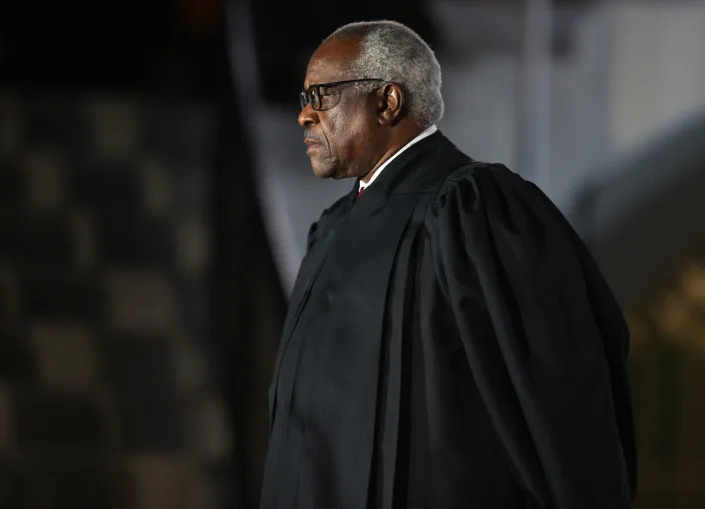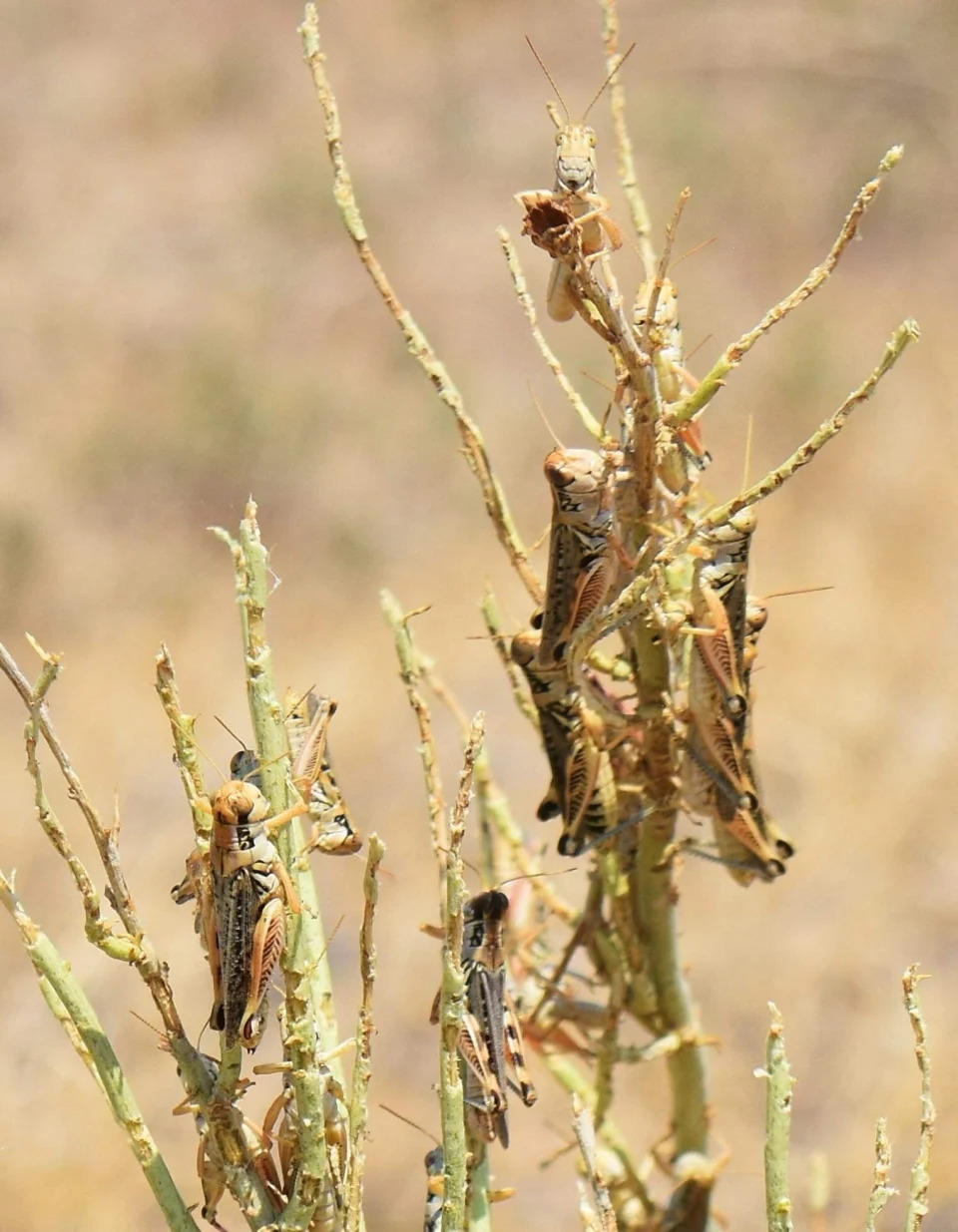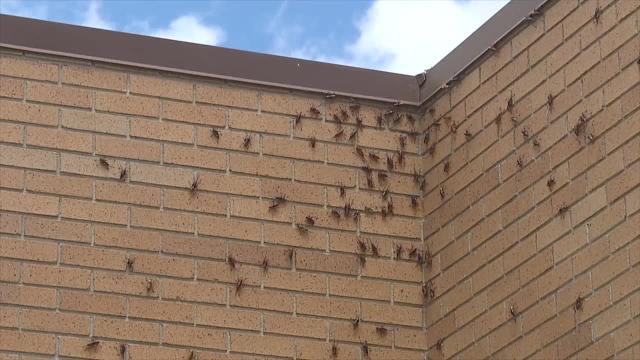The New Voice of Ukraine
Retired US General Ben Hodges on how the war might develop
June 28, 2022

In an interview with NV, Hodges also laments the slow Western reaction to the outbreak of the war, as well as the too-low initial level of Ukrainian readiness.
Hodges is currently the Pershing Chair in Strategic Studies at the Center for European Policy Analysis and warned of imminent Russian escalation of the conflict in the summer of 2021.
Read also: A catastrophe for Putin
He has also criticized the West for not having a Black Sea security strategy, and a lack of attention to Russian provocations.
NV: Many compare the ongoing Russia-Ukraine war with the Second World War, in terms of its nature and duration. Would you agree with that?
Hodges: I think one of the things they have in common is the horrifying scale of barbarity, destruction, and bloodshed, the likes of which the world hasn’t seen in 80 years. I’d also like to point out Russian war crimes and atrocities against civilians – those were of both Second World War and Nazi crimes. Naturally, there are discrepancies: emerging technologies, especially with drones, and modern weapons are much more sophisticated than the Second World War ones. The thinking of Russian military leadership, however, is virtually unchanged since the Second World War.
NV: We’ve also been talking about this war as a long one, lasting years, not months. Do you agree with this assessment?
Hodges: If Ukraine gets everything it needs from Western countries, and if Ukrainians continue to fight for their land as fiercely as they do now, I think the Russians will be pushed back to their Feb. 24 positions by the end of the year. Should the West become reluctant to keep aiding Ukraine in this war – then yes, it could drag on for years.
NV: We’re grateful to our Western partners, but the weapons we’ve been getting from them thus far are not enough to even hold the line. Why do you think weapons shipments to Ukraine are so sluggish?
Hodges: There are several reasons. Clearly, the decision to provide security assistance to Ukraine should have been taken much more quickly, and these weapons should have been in Ukrainian hands much sooner. Western countries were reluctant for a while, for their own reasons. Some overestimated Russian capabilities.
But your audience shouldn’t forget how many weapons, how much equipment and another kind of assistance has already been provided to Ukraine. Many countries have significantly depleted their own defense capabilities in order to send Ukraine what it needs. Millions upon millions of dollars have already been spent, and will be spent still.
Read also: Peskov suggests Zelensky could end Russia’s war on Ukraine by ordering surrender
It’s important you understand that as well, I think. Of course, it’s not enough, not much has yet been given. There are some other reasons we shouldn’t brush off. Let’s be frank: Ukraine didn’t prepare for a possible invasion as effectively as it could have during the last eight years. Much more should have been done – a strategic stockpile of artillery shells should have been established, for example.
The territorial defense force was formed much later than it should have been. Too much blame is currently directed at the West, but I think that doesn’t paint a full picture of why the war is going the way it is.
NV: Do you think Ukraine will get enough weapons to at least hold the line in the east and south in the coming months?
Hodges: First of all, ever more artillery and rockets are arriving in Ukraine right now. German howitzers are already here, along with French weapons, U.S.-made HIMARS MLRS are coming in right now, and more ammunition from other countries. Everything’s going in the right direction, and the supply isn’t drying up.
Logistics is the main challenge now: how to actually deliver all this from Poland and western Ukraine to the front lines in a timely manner. I think the situation will shift significantly once all (these weapons) end up in the hands of Ukrainian troops.
NV: How much more weapons, do you think, does Ukraine need to be able to transition to counter-offensives? Can we make any guesses about when that might happen?
Hodges: I can’t make such forecasts, since I don’t know what Ukraine already has, exactly. But I’m sure that Ukraine’s Commander-in-Chief, defense minister, their counterparts and allies in the United States and the UK are all well aware of everything that’s going on. I don’t have that kind of information as a civilian, and I’d wager that none of the civilian experts have it either. All this talk of what exactly Ukraine needs, how much and what kind of weapons – it only helps Russia.
Read also: Who will get to power in Russia after Putin is gone?
NV: Russia is clearly successful in its traditional approach to war – overwhelming artillery firepower. How can the Ukrainian army respond to this doctrine? In some asymmetrical way, perhaps?
Hodges: I’d say Ukraine is already able to muster a very flexible response – your artillery and missiles are striking their artillery and missiles, while the equipment Ukraine is getting, is of better quality than Russia’s. Naturally, the next step is to use every tool you have at your disposal to intercept Russian missiles and hit their artillery.
NV: Judging by the pace of weapon supplies to Ukraine, it seems that the West is looking to exhaust Russia, as opposed to facilitate its total military defeat. Would you agree with that?
Hodges: I don’t know. Personally, I want a total Russian defeat in this war.
NV: What about the popular Western talking point that nobody wants Russia to lose badly enough to resort to nukes, so it’s important to strangle Moscow’s economy instead.
Hodges: I wouldn’t be that dramatic. Many people across the globe are interested in Russia’s total defeat. You’re incorrect in saying that nobody wants Moscow to lose.
NV: Around 300 Russian and 200 Ukrainian troops die every day. It’s a very high price we’re paying for our defense. Do you think Russian manpower will be exhausted in near future?
Hodges: Every nation decides for itself whether the price it has to pay for victory is acceptable or not. Every soldier killed is a loss to a Ukrainian family, and I’m sure that Ukraine’s Armed Forces are doing everything they can to minimize these losses.
Read also: Russia fires $200 million worth of missiles at Ukraine over weekend – Forbes
Unfortunately, we can see that Russia does not value its own citizens, and there’s nothing to indicate this will change. Ukraine and its Western allies are doing everything to ensure the losses in this war aren’t colossal. It’s important for Ukraine to continue training its troops, extending it to the territorial defense forces. It’s as important as getting more artillery.
NV: How effective, in your opinion, are the regular Ukraine, EU, and NATO defense minister meetings at the U.S. Air Force Ramstein base in Germany?
Hodges: I think it’s a very effective format, and the U.S. Defense Secretary Lloyd Austin, along with all other participating countries should get credit for it. I think these are meetings between very reasonable and practical people, and they are valuable for Ukraine and the rest of the world.
NV: You’ve talked a lot about the strategic importance of the Black Sea. Turkey has rejected the U.S. proposal to get a NATO naval task force to clear the Black Sea of naval mines and facilitate maritime trade. Is it possible to convince Turkey to reconsider its position?
Hodges: As you know, Turkey has closed the Bosporus to all military ships, since the very beginning of the war. This includes NATO ships as well. There are still some NATO vessels in the Black Sea – Turkish, Romanian, and Bulgarian. Unfortunately, we didn’t manage to come up with a comprehensive security strategy for the Black Sea before the war, and our current relations with Turkey aren’t good enough to resolve this. I still hope that we will eventually be able to take care of this problem.
NV: When do you think this war will end? Will it end with a ceasefire?
Hodges: We all sincerely hope that the war will end with Ukraine liberating and reclaiming all of its lost territories. And I’m convinced that the Ukrainian army will be able to push the Russians back to their Feb. 24 positions by the end of this year.
















